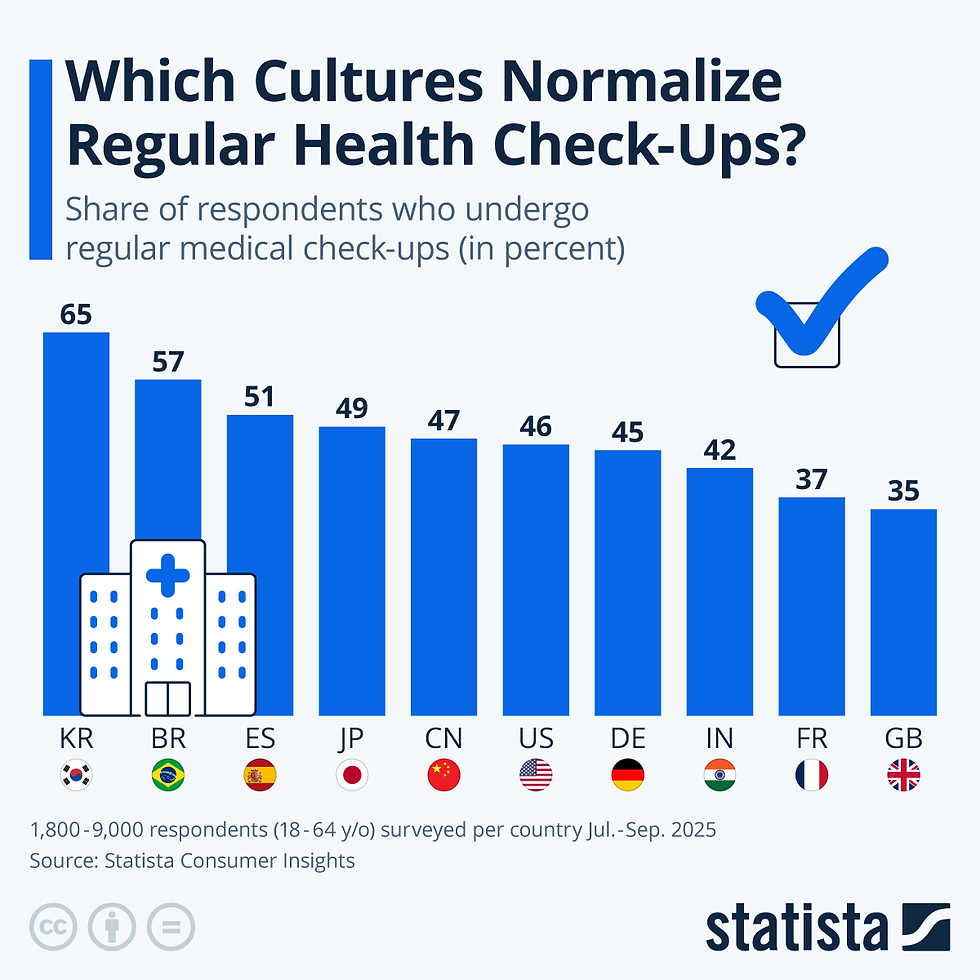Live Music Industry to Return From Covid Slump in 2023
- Create and Learn

- Jun 29, 2023
- 1 min read

This article is published in collaboration with Statista
by Felix Richter
This weekend, Pilton, Somerset will be the epicenter of the music world, as more than 200,000 people have made their way to rural South West England to attend Glastonbury Festival, where the Arctic Monkeys, Guns N’ Roses and Elton John are among the headliners this year. Founded in 1970 by local farmer Michael Eavis, Glastonbury is now a staple of the European festival summer and one of the most famous music festivals in the world.
After three festival seasons that were either severely subdued or practically non-existent due to Covid-19, 2023 is shaping up to be the long-awaited return-to-normal, as music lovers are enjoying the most carefree summer since 2019 and organizers are desperate to make up for lost time.
According to estimates from Statista Market Insights, the entire music event industry, including festivals and concerts but also musicals and operas, is expected to return to its pre-pandemic growth trajectory this year. Statista expects online ticket sales for music-related events to reach $33.8 billion this year, up 65 percent from 2022 and 49 percent from 2019, the last pre-pandemic year.
As Statista’s estimates are based on gross merchandise value, they represent what consumers actually pay for tickets in a given year regardless of how that money is distributed between organizers, artists and online ticketing platforms. Following the rise of music streaming platforms, which are infamous for not paying artists their fair share, live shows have become the most important source of income for many artists, which is why the Covid crisis posed an existential threat to many of them.
Start leaning Data Science and Business Intelligence tools:




























Comments